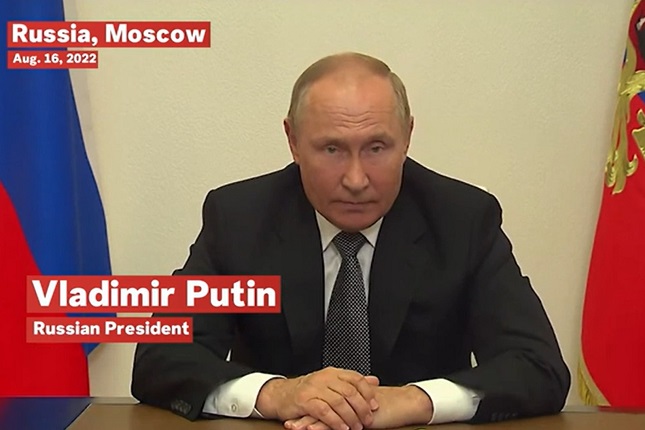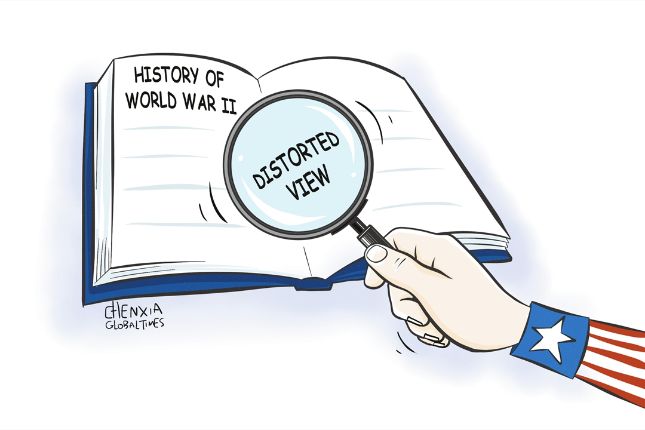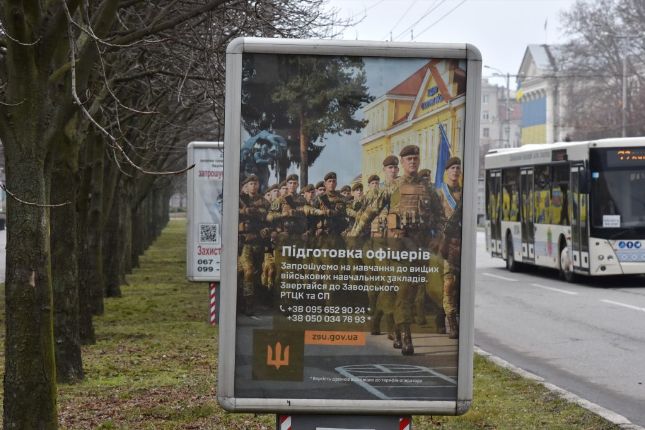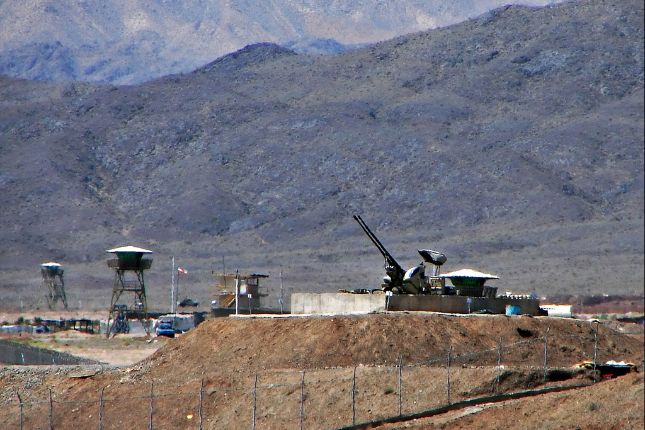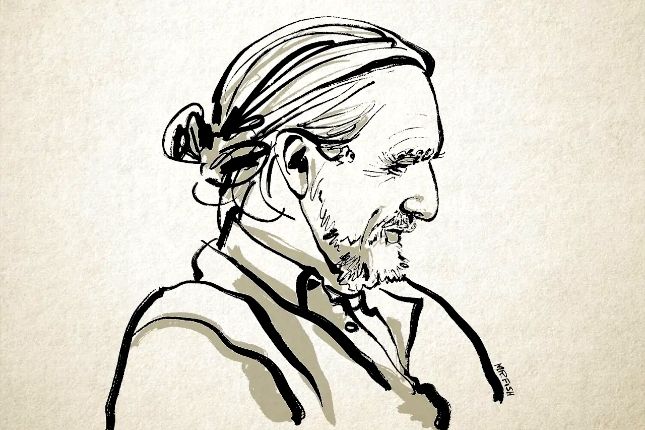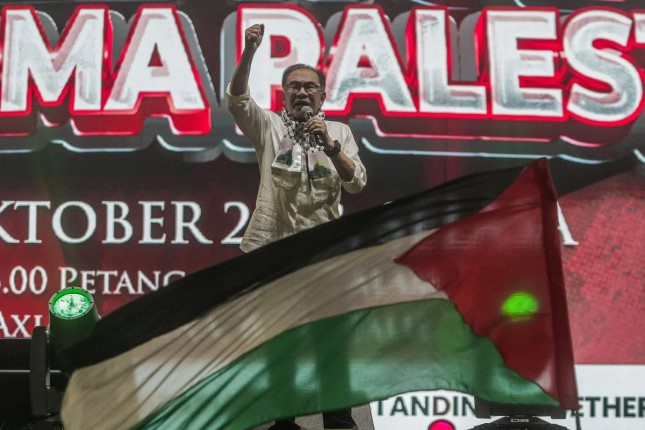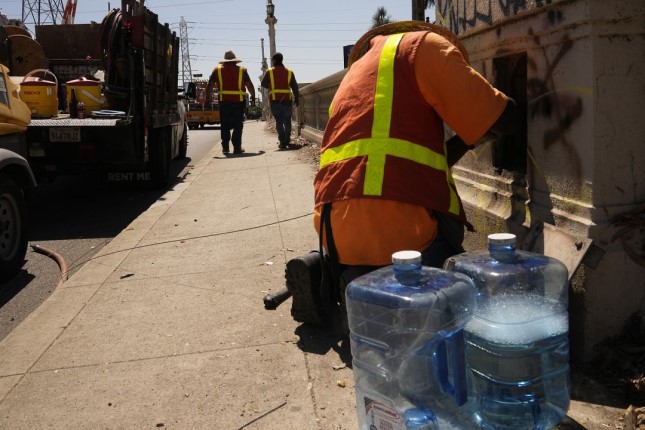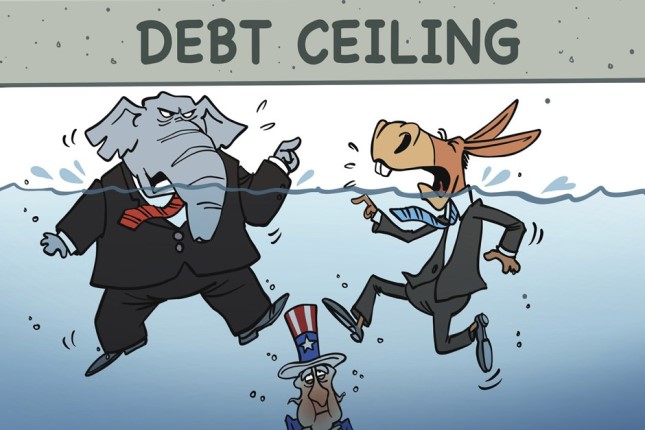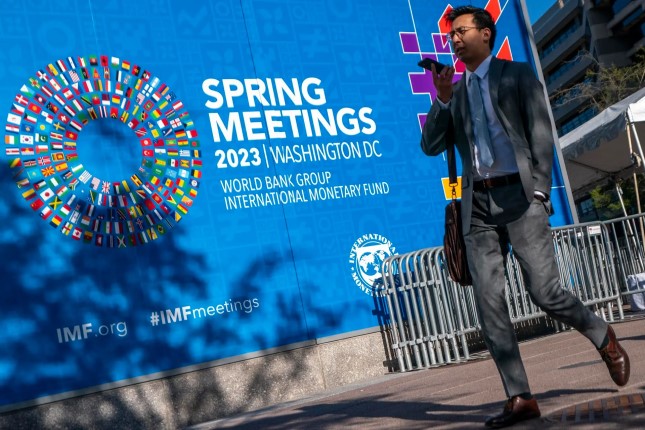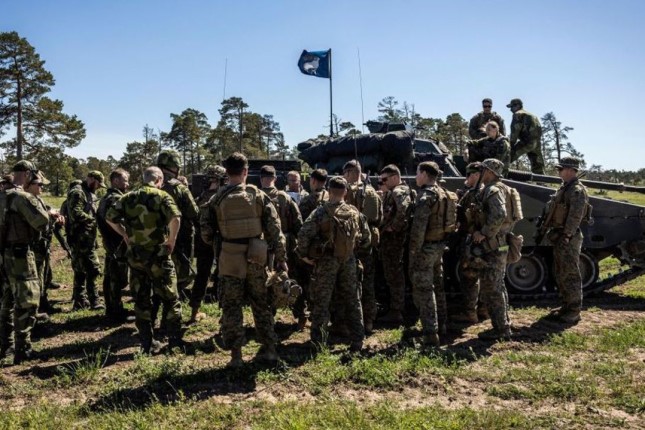Claims made by Russian President Vladimir Putin that the United States is intentionally prolonging the Russia-Ukraine conflict may not be as implausible as described, says one U.S. military veteran and journalist.
In a speech this week, Putin called out "Western globalist elites" who he said are "provoking chaos, inciting old and new conflicts," and attempting "to preserve the hegemony and power that is slipping out of their hands." He added that the situation in Ukraine shows the U.S. is "trying to prolong the conflict."
Sean Spoonts, a U.S. Navy veteran and editor-in-chief of Special Operations Forces Report (SOFREP), told Newsweek that President Joe Biden and Ukrainian President Volodymyr Zelensky seem to have separate policy goals in mind.
"It seems like while Ukraine would like to end the war quickly and decisively defeat Russian forces and drive them out of their country, U.S. policy almost seems designed to prolong the conflict hoping to bring about the collapse of Russia itself, both militarily and economically," Spoonts said.
Biden denied the United States is working to dismantle Russia, writing in a New York Times op-ed in May that "we do not want to prolong the war just to inflict pain on Russia."
The U.S. and Germany have provided Ukrainian forces with HIMARS (High Mobility Artillery Rocket Systems), which require missiles that some military experts believe could become limited by year's end. However, the United States has resisted Ukraine's calls to send long-range missiles and fighter jets, which Ukraine has cited as being able to potentially help turn the tide of the war.
While the U.S. aid has significantly helped Ukraine, Spoonts said the White House "is so concerned with making this a multinational effort that it's adding lots of complications to arming Ukraine." Spoonts also criticized the White House for knowing Russia's plans to invade and not taking the initiative to preemptively impose sanctions and deter the attack.
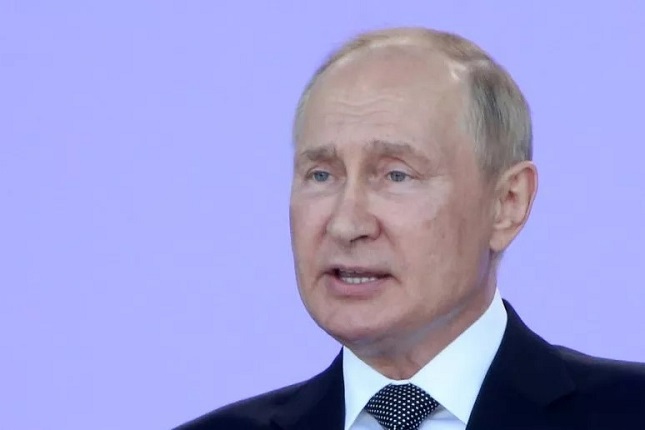
Russian President Vladimir Putin speaks during the opening ceremony of the Army-2022 International Military-Technical Forum on August 15 in Kubinka, outside of Moscow. Photo: Getty images.
As a recent report by The Washington Post indicated, the U.S. was privy to some of Russia's plans for the invasion of Ukraine before it officially began on February 24. Spoonts alluded to Biden's remarks on that day, when he said, "Some of the most powerful impacts of our actions will come over time as we squeeze Russia's access to finance and technology for strategic sectors of its economy and degrade its industrial capacity for years to come."
"Biden has said publicly that his goal is to degrade Russia as a world power, never again in the position to threaten its neighbors," said Spoonts. "That goes a lot further than Zelensky's goal, which is to simply get Russian armies out of his country and regain lost territories in Donbas, Luhansk and Crimea."
Ukrainian forces have deterred many Russian attacks over the past six months and impacted Russian troops in meaningful ways, resulting in what U.S. officials have cited as at least 75,000 Russian troops either killed or injured since the war's start.
Meanwhile, Russian land and sea artillery have taken massive losses. As Putin has touted his country's so-called advanced weaponry, outsiders have stated that the "sophisticated systems and weapons that Ukraine has access to" are currently dwarfing the impact of Russia's own weapons.
"We're seeing more and more examples of leaked or overheard conversations among (Russian) soldiers, making it clear that they're getting tired of not having sophisticated weapons," former U.S. Ambassador Mark Green told Newsweek.
While the United States and other NATO countries have tried to balance aiding Ukraine without provoking Russia to declare a multinational war, Spoonts said it may be the wrong strategy.
"We seem to be doing enough to keep Ukraine fighting but not providing enough to Ukraine to go over to the offensive and drive Russia out entirely. We think that is a bad idea. There are limits to the fighting spirit of any army, including Ukraine's," Spoonts said.
Main photo: address by Vladimir Putin to participants and guests of the 10th Moscow Conference on International Security. © newsweek.com
Source: Newsweek.
